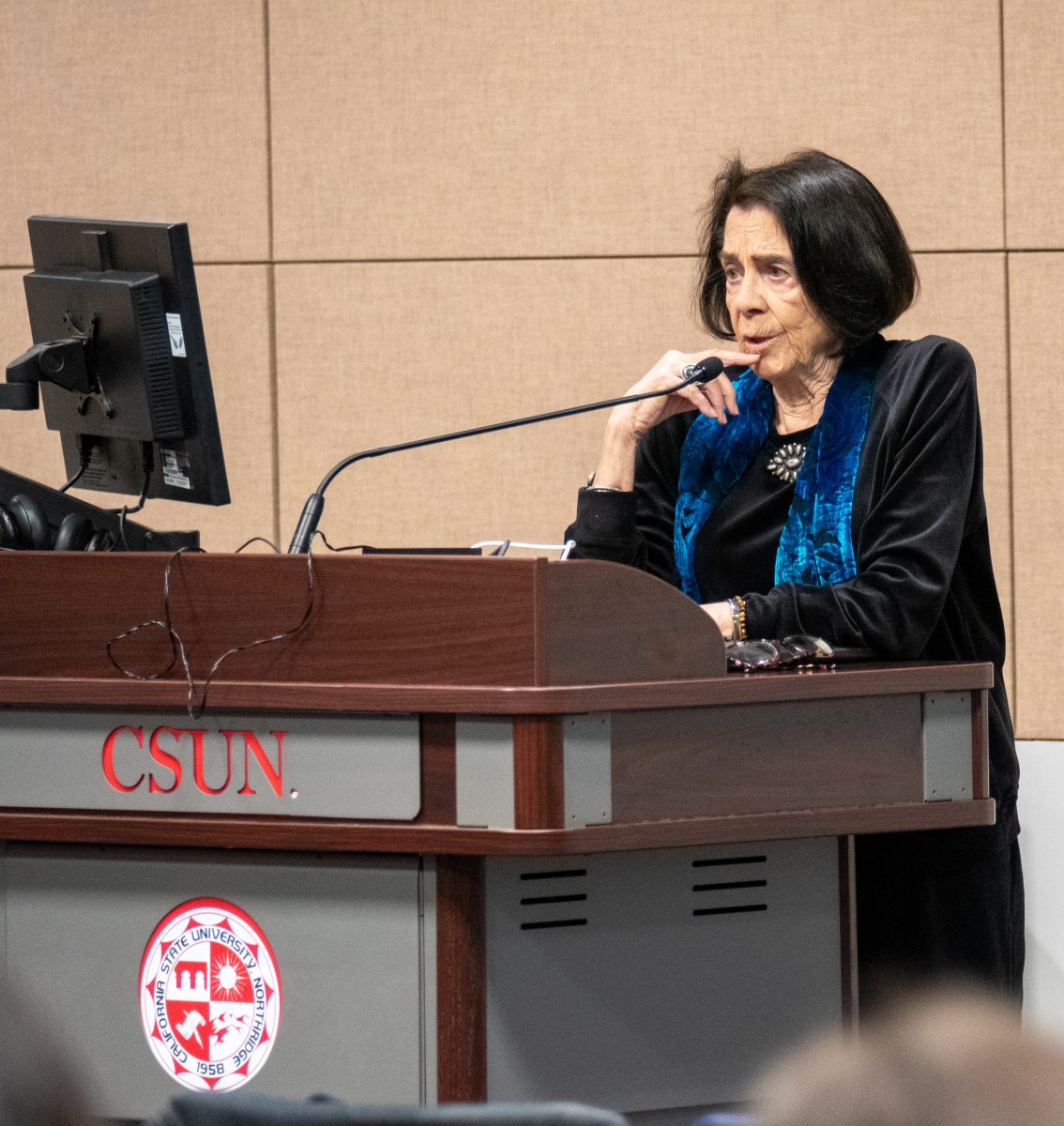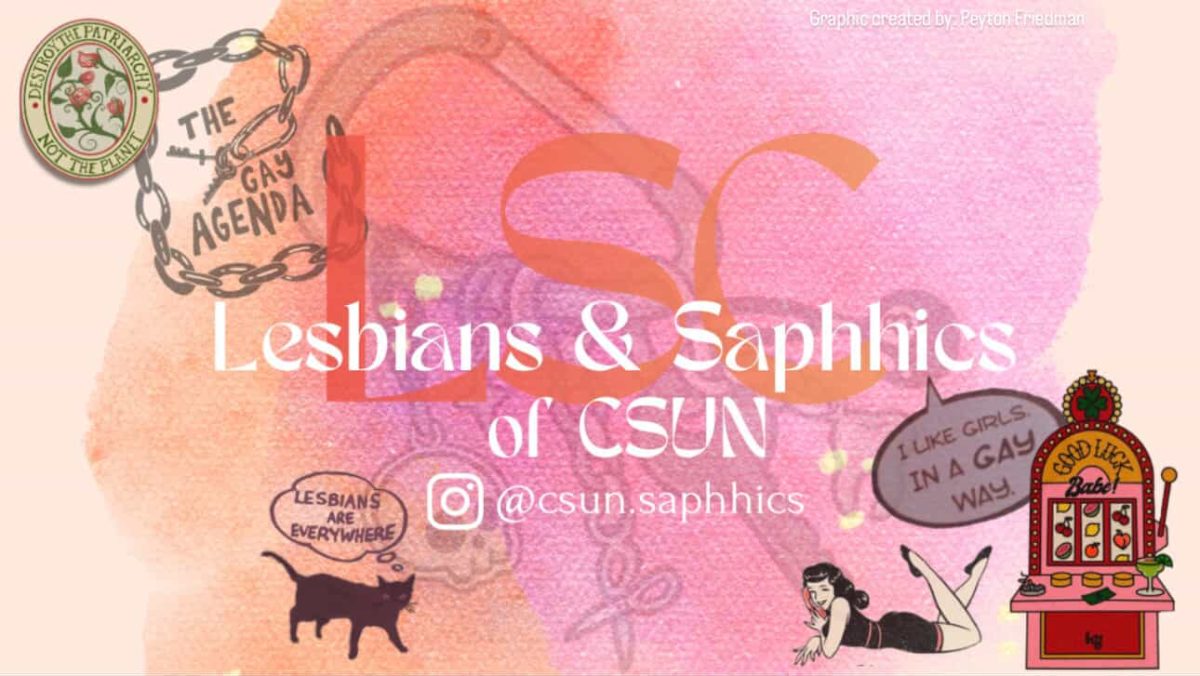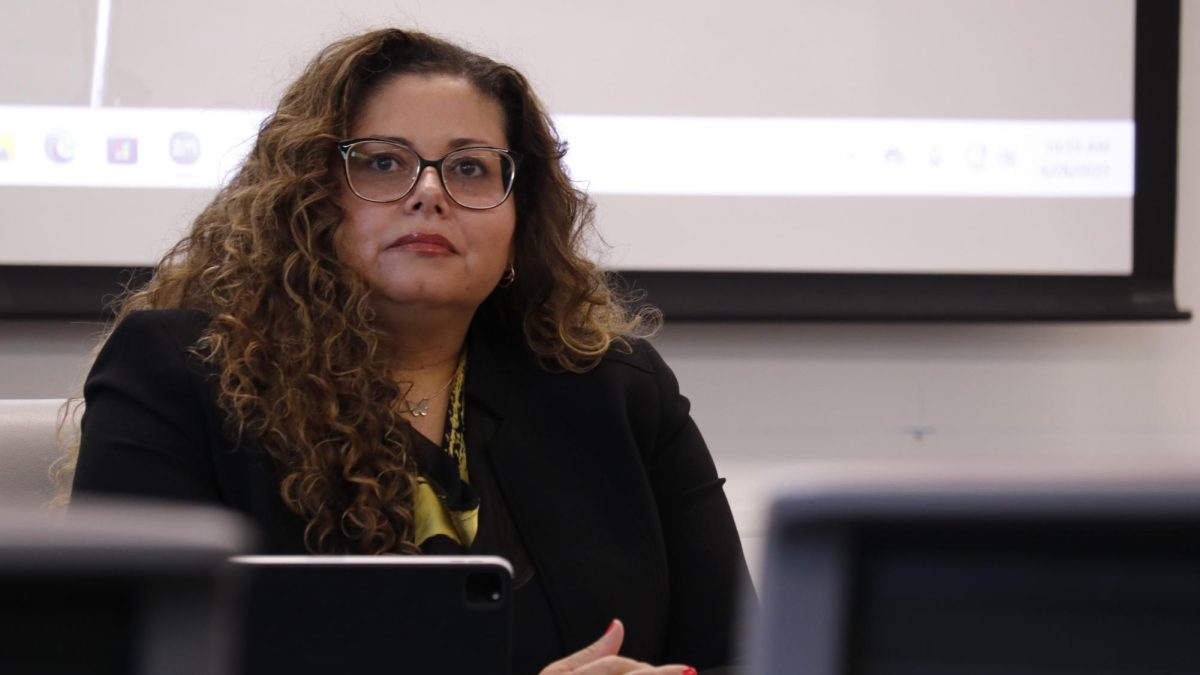Dozens of CSUN faculty, students and others attended the “Time To Get Ready: Fotografía Social with Maria Varela” on March 26 at the University Library.
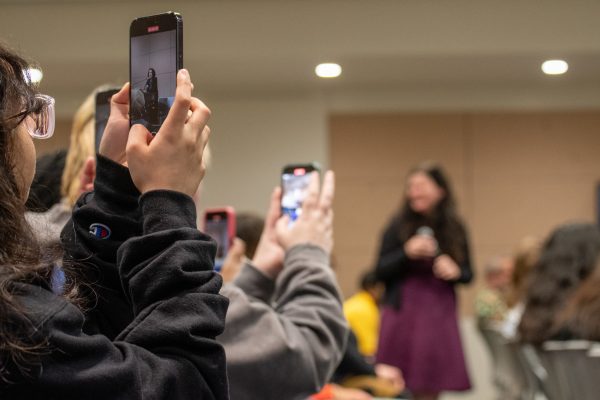
The event was an opportunity for the CSUN community to listen to Maria Varela, a photographer and activist who has worked as a community organizer for decades, including for the Student Nonviolent Coordinating Committee (SNCC) in Alabama and Mississippi during the Civil Rights Movement of the 1960s.
She spent most of the event describing her experiences growing up in a traditional Catholic family, joining SNCC, moving to the Jim Crow-era South, and spending time in the Southwest while organizing for the Chicano movements of the 1970s.
Varela also showed a slideshow of her work during the hourlong speech, and later took questions from the audience, including many from current CSUN students and staff.
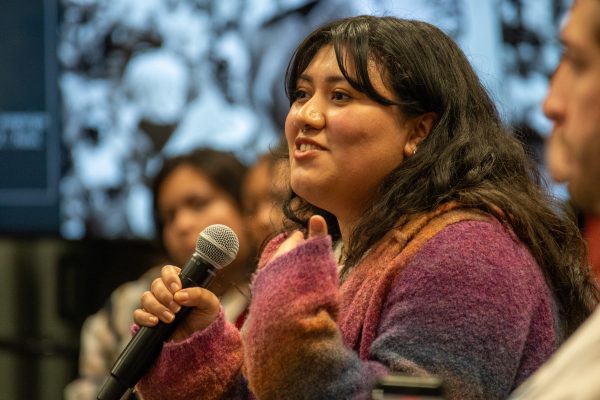
Varela commented on modern-day politics and the upcoming presidential election as she concluded her speech.
“Let me just make one final appeal: Please vote,” she said. “I know that you might think you need to hold your nose and vote – [and] sometimes I feel that way – but if we don’t vote in this election, we may have an autocracy installed that may [perpetuate] generations into the future, taking people’s freedoms.”
Varela’s work has been displayed in many venues over the decades, including most recently at the Skirball Cultural Center in Los Angeles. She currently sits on the SNCC Legacy Project Board of Directors.
Varela closed with a tip of the cap to modern-day activists for continuing the work that she and others like her started over half a century ago. “And for those of you who are activists today, as we were yesterday,” she said. “I thank you for your service.”
